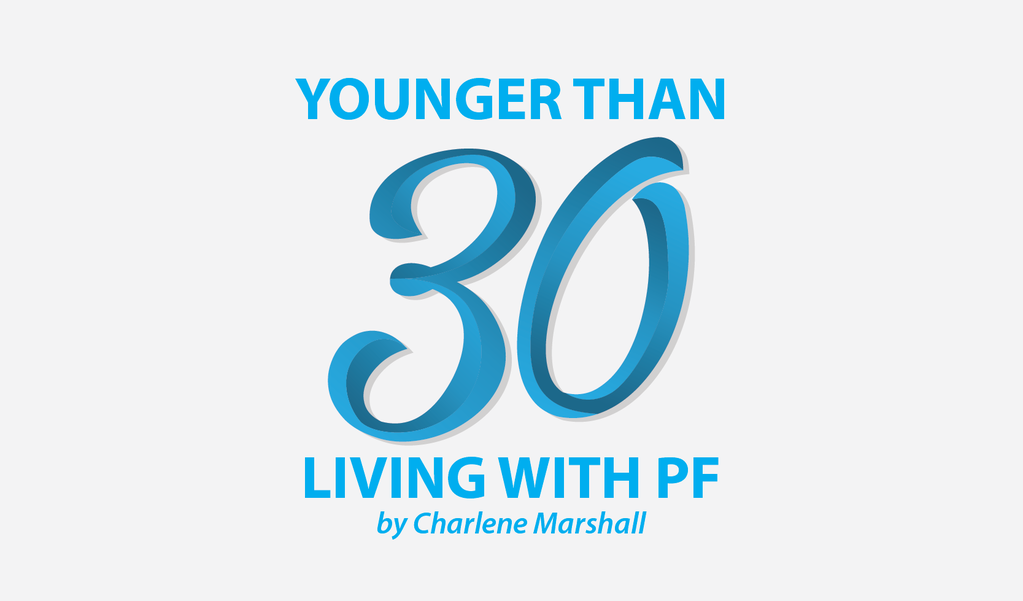When Illness Dictates Significant Lifestyle Changes
Written by |

It’s no secret that when you are diagnosed with a chronic illness, your life will inevitably change in numerous ways. Lung diseases, such as idiopathic pulmonary fibrosis (IPF), are bound to impact your physical, mental, and emotional health because breathing is involved in every aspect of our lives.
But unknown to patients and physicians alike is how quickly your disease will progress and alter your abilities, changing what you can and cannot do. At least, this has been my experience. I remember when I was diagnosed, the specialist told me that, as a young adult with IPF, he was unsure how the disease would manifest itself and progress. He explained that my disease could remain stable and be unchanged for years, or it could progress quickly and I would end up needing supplemental oxygen for daily activities.
For a while, thankfully, my disease didn’t force many changes and I continued being active and doing the sports, activities, and social events that had consumed my life for as long as I can remember. Then summer 2016 hit, and things began to change in my lung function; it is when everything started to decline.
I tried to maintain my activities as much and as long as I could, desperately wanting to hold onto the things that defined me: volunteer roles, playing on sports teams, and professional development opportunities. These things slowly started to exhaust me even more than just trying to breathe, and I had to begin letting them go, one by one.
In the last few weeks, however, I made three really tough choices that will ultimately help me conserve energy and save money, two things I really need right now. These changes were really hard for me to come to terms with because they are a true reflection of how much has occurred since my diagnosis. I thought I would share why it was hard for me to accept that come changes needed to happen.
- Canceling my gym membership: I knew this was inevitable when I was diagnosed with a lung disease. However, actually canceling took me more than a year. I did not want to accept that I couldn’t go to the gym anymore, and I was desperately holding out hope that there would be days I would feel well enough to engage in my workout routine. Those days are few and far between, and when I do feel good physically, I take advantage of it to run errands or visit friends, not work out. The decision to cancel my gym membership was hard, because it felt like giving up my love for physical activity to IPF. In the end, though, I was reminded that it would save me money monthly and it is always something I can re-initiate down the road.
- Paying a house cleaner: Most of my friends joke that this is something they would love! While I can understand that, I think it would be different if I had a choice about whether to clean my house myself or have someone else do it. Unfortunately, IPF has prevented me from being able to do this on my own. Vacuuming has become too hard, dusting sends me into coughing spasms, and I find I am sensitive to the chemical smells of most cleaners. This was hard for me to accept because I take pride in my house being clean and organized; I always have. So paying someone else to come in and do this was not ideal for me.
- Passing up higher education opportunities: I received a letter earlier this week from my institute of higher education, where I completed my master’s degree, with information about a PhD program. I would be able to relocate to the country where I completed my last degree, and have most of my tuition paid in exchange for continuing my research at that institution. But their healthcare system is different from ours, and it is unlikely that I would be able to get insurance or a visa to live there with an underlying, life-threatening disease such as IPF. I also don’t know that moving away from my support system is a good choice while navigating this disease. Passing this up, even temporarily, has been emotional for me, as I love to learn and this opportunity is something I would have been honored to accept.
As always, I am curious to hear from others living with IPF. Did defining moments throughout your journey, including major lifestyle changes, make you realize how significantly IPF had impacted your life?
***
Note: Pulmonary Fibrosis News is strictly a news and information website about the disease. It does not provide medical advice, diagnosis, or treatment. This content is not intended to be a substitute for professional medical advice, diagnosis, or treatment. Always seek the advice of your physician or other qualified health provider with any questions you may have regarding a medical condition. Never disregard professional medical advice or delay in seeking it because of something you have read on this website. The opinions expressed in this column are not those of Pulmonary Fibrosis News or its parent company, Bionews Services, and are intended to spark discussion about issues pertaining to pulmonary fibrosis.





Katie Bagshawe
I'm so sorry to hear this, it's awful accepting that your quality of life is reducing and makes everything feel that bit more difficult to accept. Is there any way you can do distance studying? Even short-term projects just so you can still feel connected to your studies in some way? xx
Lea
I'm looking for a different house. Like you, I want to be in my house, but cleaning it is hard. I once helped my mother with her house, but no longer can.
So, the real estate agent says, "what size home do you need? What area of town do you want?"
I said, "Whatever size has the smooth top stove, the walk in shower with smooth walls, the dishwasher, the whole house air conditioning, no appliances with open flames, the screened in outdoor area for sleeping, and no carpet, anywhere. No fireplaces or pot belly stoves. I want enough yard to plant trees and pretend I'm in the forest where I'd rather be living. What have you got?"
I'm still looking.
Bob Bradley
I was diagnosed with IPF one year ago. Since then, my whole world has been turned upside down. Forget the gym, I'm lucky if I can walk 50 feet. Now, I'm on oxygen and even running errands can be a hassle, toting around an oxygen tank. I've had to leave both of my part-time jobs, where I have worked for a decade with many of the same friends. It is a difficult situation, living with a terminal illness. But you must learn to accept your situation and try to stay positive so that you do not speed up the process of your declining health. Oh, one more thing, I hope you are participating in pulmonary rehabilitation. It is not a gym -- but the closest thing to it for those who suffer from IPF. It may cost as much or more than a gym membership, but it is worth every penny.
Wendy Corley
Your pulmonologist should have you in a PT program. They have the oxygen you will need there. Much higher than you can transport. If you decide to be evaluated for transplant, you will need to be as physically as possible. I was in a great PT program pre transplant and was able to go back 8 days post transplant. It has helped in saving my life.
James Ross
That really hit home. I've been struggling with the fact that I can't do certain things. Though the people around me still a 6 foot 250 pound pound man but don't see the disease.
Losing your independence at a young age is devastating. I don't even drive anymore. Hell I can't even laugh without going into a coughing fit. My heart goes out to you.
Charlene Marshall
Hi James,
Thank you so much for reading my columns and reaching out via the comments. This disease is a cruel one, especially as it pertains to us losing our independence as patients, that has been something very difficult for me as well. Sorry to hear about the loss of your ability to drive. Thank you for your kind words, and wishing you all the best.
Charlene.